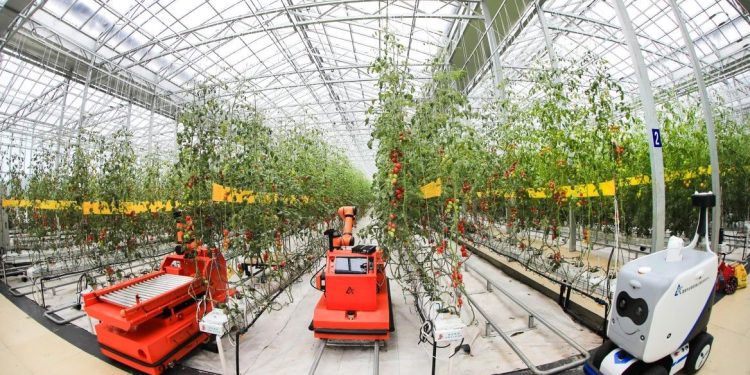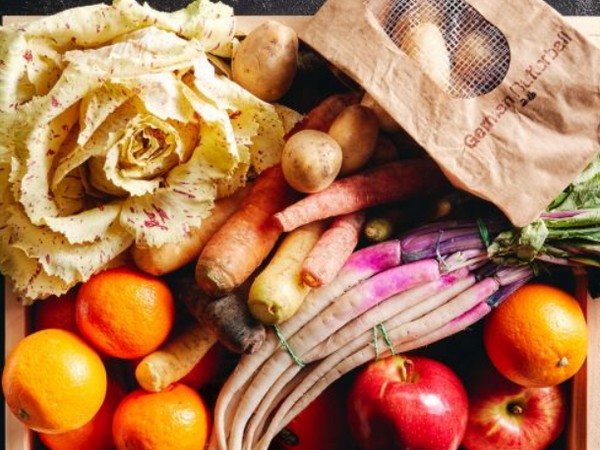In the heart of Shouguang, a beacon of vegetable growing in China’s Shandong province, a tomato revolution is taking place. Tomatoes in vibrant shades of red, orange, yellow and green grow at the Liangjie Agricultural Cooperative’s greenhouse in Geshang Village, demonstrating the success of modern agricultural technology.
“This year’s tomatoes have good shape and exquisite taste,” noted farmer Han Yugong, highlighting the economic potential of the enterprise. Indeed, each tomato typically costs more than 5 yuan ($0.69) per 500 grams, meaning significant income for local farmers.
Shouguang has seized the opportunity to take its tomato industry to the next level by applying advanced breeding techniques and smart technology. By optimizing the entire production process – from breeding to sales – the city aims to increase competitiveness and ensure sustainability.
Shouguang’s tomato production exceeded 500,000 tons in 2023, a testament to its commitment to excellence. The city boasts a diverse range of 205 varieties of vegetables, including 113 types of tomatoes, which are supplied to both the domestic and international markets.
Central to this success is a relentless pursuit of innovation. In molecular breeding labs, scientists like Yu Caiyun focus on improving tomato qualities such as texture and disease resistance. Through careful research and development, new varieties are emerging that captivate consumers with their rich flavor and superior quality.
Moreover, Shouguang Vegetable Industry Holding Group pioneered integrated approaches by establishing food processing bases to maximize the value of tomatoes. From dried tomatoes to other derivative products, these initiatives promote economic growth while minimizing waste.
The advent of smart greenhouses marks another milestone in Shouguang’s agricultural transformation. Using automation and real-time monitoring, farmers optimize resource use and crop management, increasing productivity and sustainability.
It is important to note that technological advances extend beyond cultivation to include quality assurance and traceability. Through sophisticated platforms such as an integrated vegetable supply management service, stakeholders ensure product integrity and consumer safety, increasing trust and transparency throughout the supply chain.
As Shouguang continues to innovate, its journey highlights the key role technology plays in shaping the future of agriculture. From molecular engineering to digital integration, these advances not only improve efficiency and profitability, but also pave the way for a greener and more sustainable future.
The use of agricultural technology in Shouguang represents the synergy of tradition and innovation. Using scientific advances and technological ingenuity, the city is propelling tomato farming into a new era of prosperity and sustainability. As other regions follow suit, the opportunities for agricultural development are endless.











